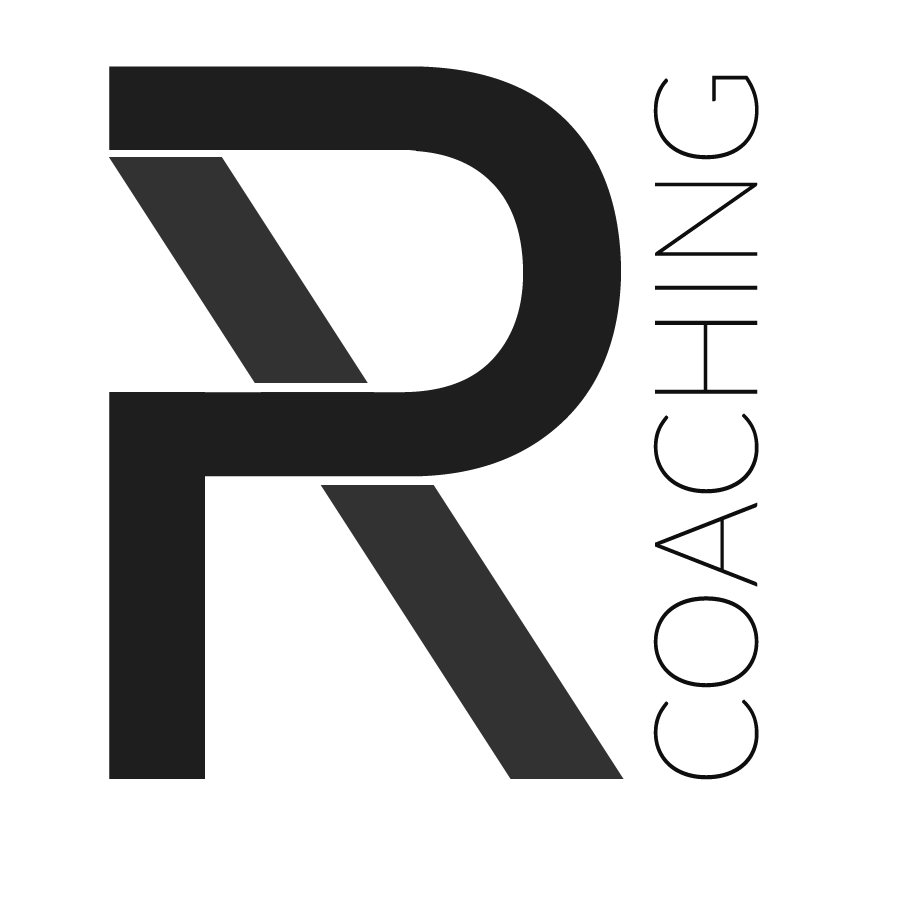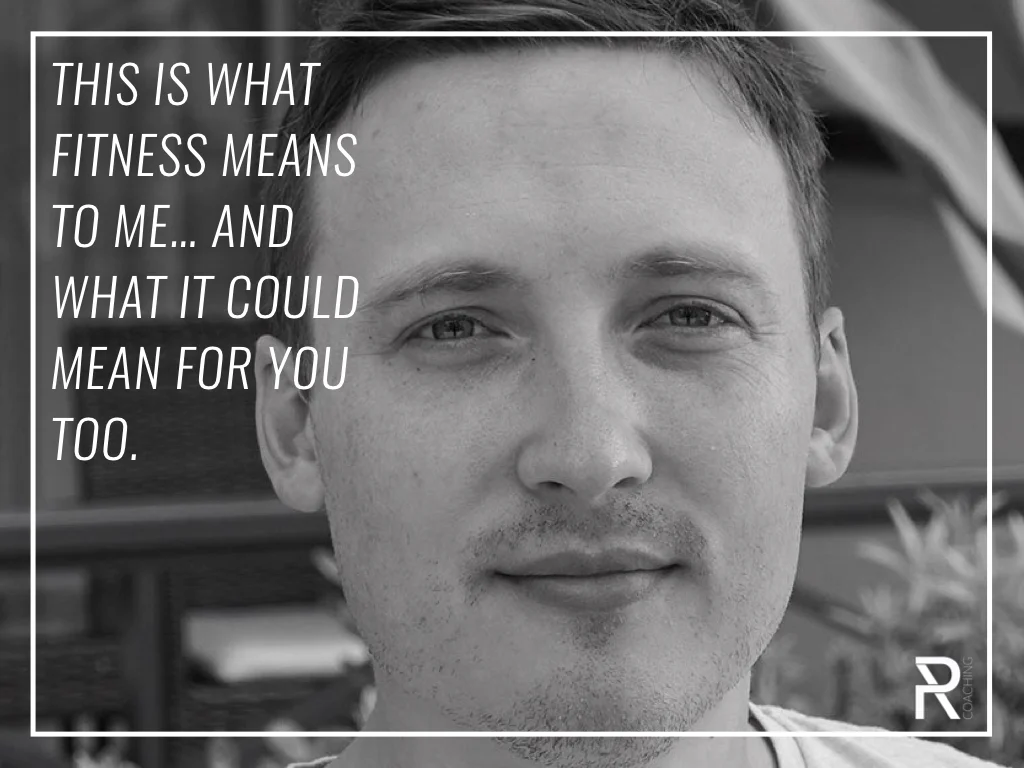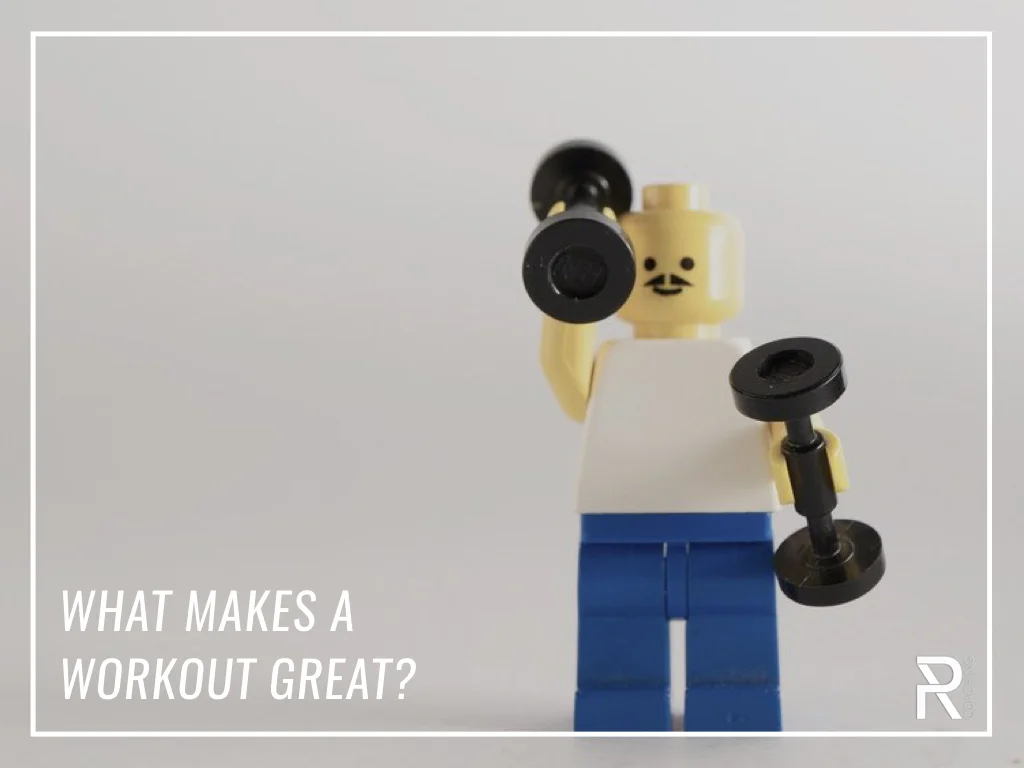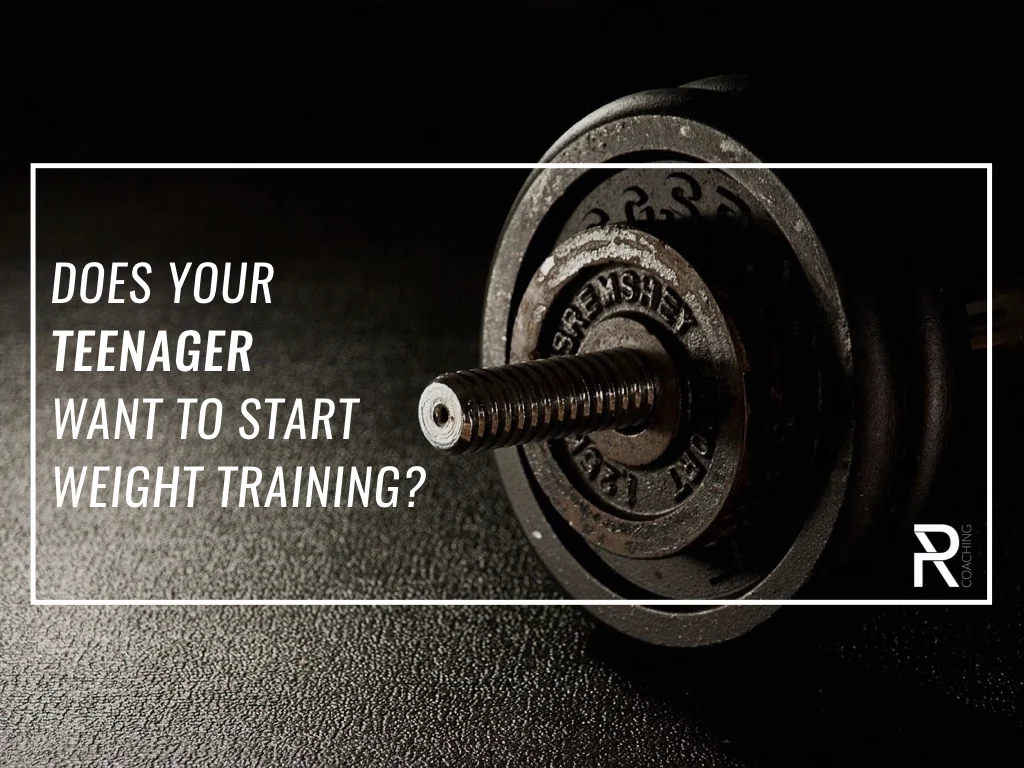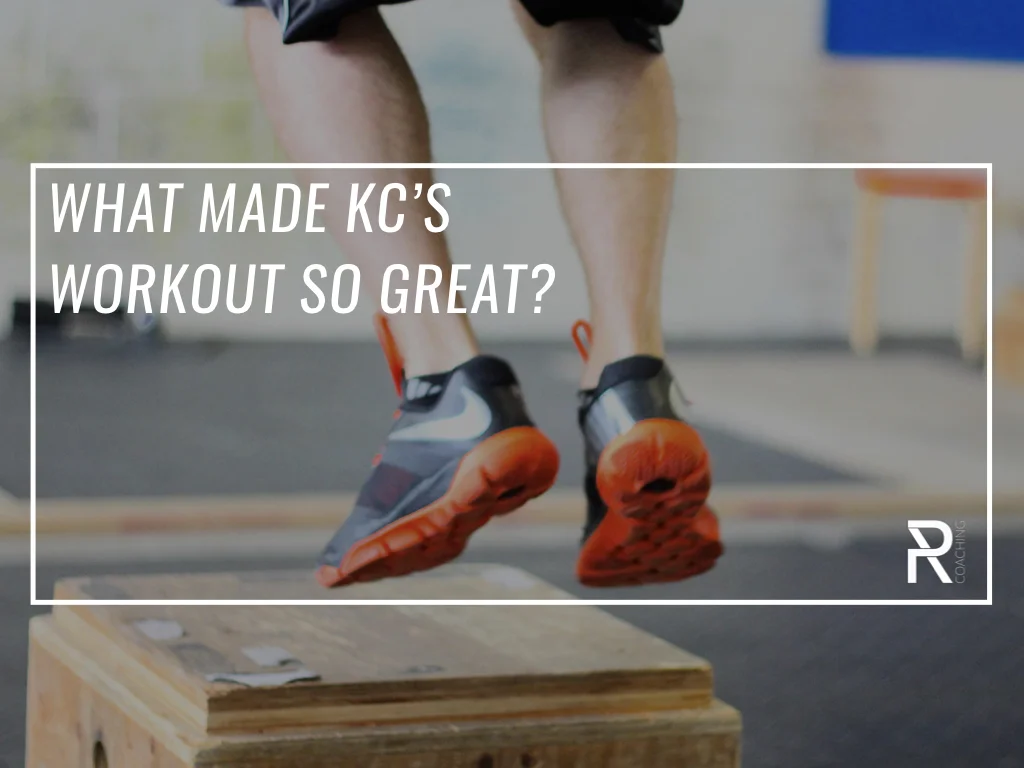The Gift Of Injury & Setting Fitness Goals That Support Your Life Goals
To be healthy is to have tremendous good fortune
Ten minutes ago I had an emotional meeting with a client. I don't think I'll get this off my mind for a while and I wanted to write something down in the moment.
This client, who I've worked with for two years, had to tell me she isn't able to train anymore. She's a former competitive athlete with energy to burn and mindset that's beyond positive. Not only is fitness a source of fulfillment for her, it's also something that contributes to daily fun, happiness, and friendship.
But she came up against an unavoidable health issue. Nothing life threatening, but something that will seriously dampen her athletic pursuits. And something that's impossible to ignore or work through.
Of course it makes you wonder about the usual questions that have no answer: Why? How? What to do now?
But more importantly, this situation cuts right to the heart of, well, everything.
Her situation struck me hard, made me take stock, and touch base with a bigger perspective. It got me thinking about real priorities. And that's the part I really want to share with you.
I've written before about how our body isn't fair. It's also true that being healthy isn't a right. It's not automatic. Actually, to be healthy is to have tremendous good fortune. And like most things, it's only easy to grasp the incredible value of our physical abilities when they're threatened.
The Gift Of Injury
Coincidentally, last night I stayed up too late reading a book called The Gift of Injury. It's a great read for those involved in sport and exercise and I plan on doing a review of it in the near future. Stay tuned for that.
The Gift Of Injury follows a truly elite powerlifter, Brian Carroll, who's body began to break down with injury after years of hard training. It chronicles some of the lifestyle, training and mindset practices that made the injuries worse over time, and eventually, how he was able to begin to heal with the help of spine specialist Dr. Stuart McGill.
Brian's drive and passion for lifting is stronger than ever. The iron game is a huge part of his identity and what he values. But Brain says multiple times in the book that if he could go back in time, he'd treat his body more kindly and pay more attention to his form, movement quality, and recovery. He'd still lift heavy ass weights, but he'd be so much smarter about it with an eye to longevity and truly realizing his potential. When injury rears its head, it's not just about the pain. It also means taking steps backward in training and performance. Athletes can easily lose years of productive training just trying to get back to where they were before a major bout of injuries. This decreases progress and can limit the athlete's lifetime performance ability.
On the other hand, I read an article recently by Travis Mash, another elite powerlifter, who at the age of 44 is going in for hip surgery. With everything he knows how, he's do it all again 100%.
And still, there are others who'd never have participated in their sport if they knew what they do now. Antwaan Randle El played in the NFL from 2002-2010. Just a few years out of the league and at only in his mid 30's, he sometimes has trouble walking up and down stairs and has mental lapses. Antwaan wishes he'd gone another route. He worries if he'll be able to see he kids grow up and be a good dad based on his brain and body trauma. That trade-off wasn't worth it to him.
So, where does all this get us?
Whether or not you're sidelined for reasons beyond your control like my client, or for choices and habits that only you're fully or partially responsible for, much of the aftermath is the same. You're left with an uncertain feeling about the future and whether or not you'll be able to continue doing something(s) you love. You have to take a close look at your real priorities and figure out the best way forward.
Sometimes, like Brian Carroll, you can make a triumphant comeback. Other times, that might not be in the cards.
KEY TAKEAWAY: Protecting Your Ability To Enjoy The Things That Matter Most
I'd like you to think about your answers to the following three questions:
If something happened to your body tomorrow, what activities would you be the most upset about no longer being able to pursue?
- Are you currently doing something (a habit, activity, lifestyle practice, etc.) that could negatively impact your ability to do those key activities you thought of either in the short or long term? (i.e. being lazy about form, not listening to your body, overdoing it, under-doing it... i.e. not exercising at all or not exercising effectively?)
- What can you change to better protect the things that really matter to you, and to be able to perform better or enjoy them more (depending on your goals/priorities)?
I know some of these feelings. I have my own injury story that I'll eventually share on the blog. But for now, marinate on these questions and reflect on any injuries you've had, the lessons you drew from them, and some of the lessons that you've allowed yourself to forget over time as the injury became a distant memory.
POST SCRIPT
No one can tell the future. Sometimes things are beyond our control, and even with the elements we have command over, we can never know the consequences. But some patterns are predictable. As a coach, it's my job to give people a realistic look at what it will take, including the potential risks and sacrifices, to achieve certain goals. Then it's up to you the trainee to decide if they want to proceed.
Whether you're driven to be a World Champion or you just want to be able to garden pain-free for the next 10-years, these questions apply equally. At the end of the day, what are you driven to achieve? What's it worth to you? What risks are you willing to put up with to get there?
I recently posted a video about Richard Sherman's (one of the NFL's top defensive players) recent Achilles Injury. He touched on a few of these points in his post game interview. I think it's worth having a listen.
